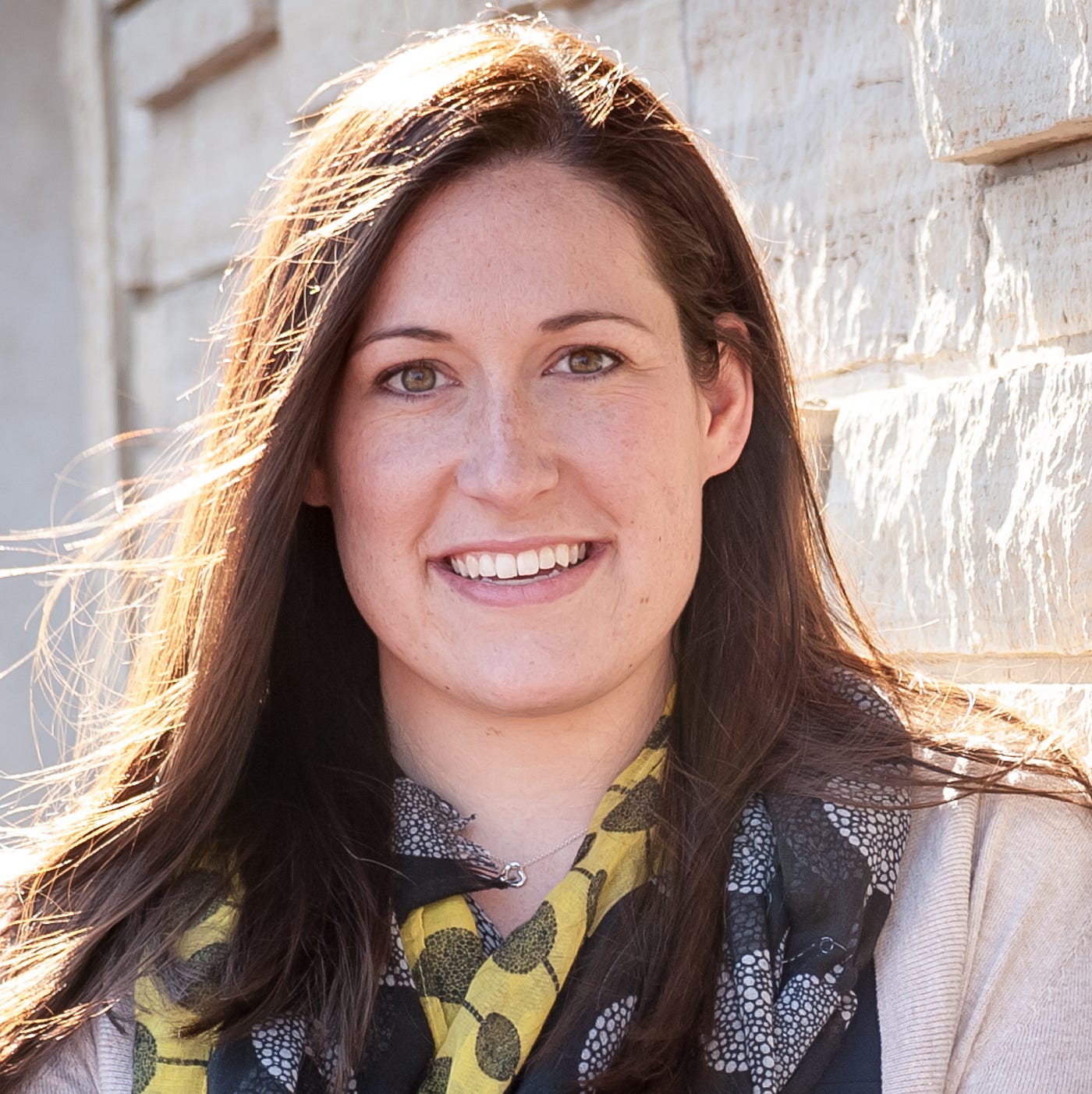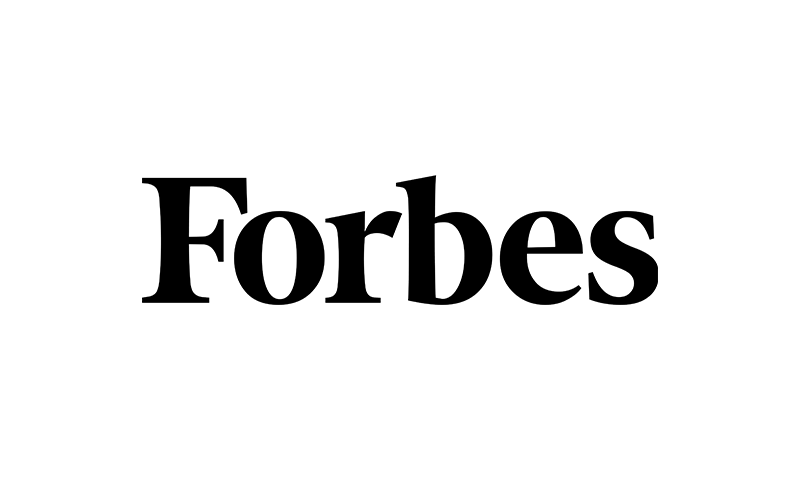Written by Ming Zhao for Authority Magazine.

As a part of our interview series called “Women Of The C-Suite”, we had the pleasure of interviewing Christie Callahan.
Christie is responsible for product development and operations at Arrive Health, with a focus on growth. Christie brings nearly ten years of experience in the healthcare space with a focus on interoperability, technology innovation, and process improvement. She has developed and delivered the strategy for technology transformation in some of the largest healthcare operations including specialty and mail pharmacies, prior authorization departments, and call centers. Prior to joining Arrive Health, Christie was the Vice President of Strategy and Innovation for Members Services at CVS Health and, previously, a consultant at Bain and Company.
Thank you so much for joining us in this interview series! Before we dig in, our readers would like to get to know you a bit more. Can you tell us a bit about your “backstory”? What led you to this particular career path?
Growing up, I knew I wanted to have an impactful career. When I was young, I aspired to be a doctor for babies (the world needs happy babies, right?), then I considered being a teacher, then I jumped straight to running for president.
My world view and priorities evolved as I grew older, and as high school ended, I settled on becoming a business leader at a major corporation. I had a parallel goal of being a mom and believed I needed to plan for my career to take a back seat at some point. So, I reframed my goals to advance my career as far as possible before I turned 30. I studied engineering in college, thinking I could propel myself five years ahead of my peers, as engineers do not require advanced degrees the same way pre-med and pre-law majors do.
I accepted a position at Bain & Company to maximize my exposure to different businesses, business problems, and senior leaders. I ultimately took my first corporate job with CVS Health, excited by the promise of a high impact, fast growth team and the ability to impact millions of lives. My work there made me fall in love with the healthcare space, which still motivates me today.
Can you share the most interesting story that happened to you since you began leading your company?
The funny thing about taking this position was that I was pregnant for my first nine months here at Arrive Health, along with having a one-year-old at home. My motivation to accelerate my career stemmed from a (false) assumption that women must step away from work to raise a family. However, being a mom never slowed me down.
Can you share a story about the funniest mistake you made when you were first starting? Can you tell us what lesson you learned from that?
As a young analyst at Bain & Company, I accidentally wore house slippers to the office. By the time I noticed my mistake, it was too late to turn around, so my manager convinced me to just wear them for the day. In an unfortunate coincidence, the group president for the client — who rarely came into the office — was there that day and I ran into him in the office kitchen getting coffee.
At that point in my career, I was intimidated by long-tenured executives, but we shared a moment of levity over my silly mistake. It made me realize he was just as human as me and executives like him are simply people with more experience and responsibility.
None of us are able to achieve success without some help along the way. Is there a particular person who you are grateful towards who helped get you to where you are? Can you share a story about that?
When I started at CVS, the woman leading the team was not my direct boss until I had been there for six years, but she always saw potential in me and pushed me harder than anyone. She consistently gave me the opportunity to step into larger roles and grow my career.
She was incredibly focused on growing talent within the company and identifying new leaders for CVS. In her eyes, business success meant success for the individuals driving those results. Her way of leading was so diligent, it really left me with a powerful message about how I wanted to lead other people and help them advance their careers. She taught me to recognize individuals for their talent, not for the typical age or experience that was fitting for a position. To this day, she is still a friend and has been very influential to my career.
As you know, the United States is facing a very important self-reckoning about race, diversity, equality and inclusion. This may be obvious to you, but it will be helpful to spell this out. Can you articulate to our readers a few reasons why it is so important for a business or organization to have a diverse executive team?
The first lesson I learned at Bain was: do not use yourself as representative of any population. As an analyst, I spent a lot of time on market research and product strategy and we had to accept that we are most likely not the target consumer, and each individual represents a tiny fraction of people in our world.
Building a successful company must follow a similar line of thinking. Individual executives are not representative of our customers or the employees we are hiring. That is why executive teams need to incorporate diverse backgrounds, perspectives, struggles, and opinions. It is only with that representation that we will build companies that appropriately serve all potential customers and all potential employees.
As a business leader, can you please share a few steps we must take to truly create an inclusive, representative, and equitable society? Kindly share a story or example for each.
First, create the forums for discussion. We need to address problems head-on with open communication to drive meaningful change and that requires spaces and discipline for conversation to persist.
Second, we must drive a mindset of exception. If every individual assumes that they are the exception, not the norm, we can build a company from a place of curiosity and understanding versus assumptions and stereotypes.
Ok, thank you for that. Let’s now jump to the primary focus of our interview. Most of our readers — in fact, most people — think they have a pretty good idea of what a CEO or executive does. But in just a few words can you explain what an executive does that is different from the responsibilities of the other leaders?
Every leader in an organization has responsibilities for their teams and business objectives, and each of those responsibilities impacts the company’s success. But when you join the executive team, you inherit a whole new level of responsibility for the company’s health and impact.
In addition to focusing on strategy and delivering products, executive leadership has to uplevel to a macro view of building a business that lasts and keeps employees motivated, but also attracts customers that support the company mission. Executive teams must be purpose driven people who are excited about what can be achieved.
What are the “myths” that you would like to dispel about being a CEO or executive? Can you explain what you mean?
I often think about my earlier story of wearing slippers to work. I try hard not to be intimidating or unreachable to junior staff and often remind team members that I value their input. They are experts on our day-to-day initiatives and spend more time on the details than I do. I want their advice as much as they want mine.
In your opinion, what are the biggest challenges faced by women executives that aren’t typically faced by their male counterparts?
The biggest challenge for women is having the confidence to show up as yourself. People naturally want to fit in with a group, but the reality is the company hired you for the unique differences you bring, not to be the same as everyone else. You should spend 100% of the time showing up with your special capabilities and that means not spending time worrying about fitting in.
I learned this lesson early in my career when I was an intern at a paper plant in Green Bay, Wisc. The facility was wonderful and had a professional, positive culture, but I was intimidated to walk on the production floor and interact with the team. I will never forget that feeling of wanting to stay at my desk, but knowing I had to go out on the floor if I was going to get anything done. The beauty in the experience was that I didn’t stand a chance of “fitting in.” I couldn’t change my age or gender, so I was forced to own who I was and build credibility with the team on my performance and impact instead of assimilation. It taught me to bring my whole self to the job, unapologetically. Trust your instincts, be an agent of change, and trust your ability to gain respect based on your talents versus your ability to fit in.
What is the most striking difference between your actual job and how you thought the job would be?
When I first came to Arrive Health, I thought I would focus primarily on execution — setting processes for decision making, communication and generally “keeping the train (moving quickly) on the tracks.” Those elements are important, but I found myself also assuming a strategic business leadership role. I focus on where we’re going as a company, inspiring the team, growing relationships with customers and cultivating market knowledge of Arrive Health. I am excited there is more to being a COO than internal processes.
Is everyone cut out to be an executive? In your opinion, which specific traits increase the likelihood that a person will be a successful executive, and what type of person should avoid aspiring to be an executive? Can you explain what you mean?
There are two steps you have to take on the road to becoming an executive:
First, you need to find your superpower. By that I mean, find where you have a unique advantage driven by passion, talent, or both. There is a world of opportunity that is looking to find people with unique abilities.
Second, continuously evaluate your current position. I am a proponent of goal setting, but I try to balance those goals against regular self-evaluations. Ask yourself if you are challenged, engaged, looking forward to more or overwhelmed. I ask myself: How much stress do I have? How am I showing up at work and at home or with my friends? From there, make changes based on your needs. Don’t chase a title, unless you truly want that next challenge.
What are your “5 Things I Wish Someone Told Me Before I Started” and why? (Please share a story or example for each.)
- Stay curious. It’s critical to be curious as you encounter new opportunities, challenges, push back, and feedback. Through curiosity you’ll be able to listen, expand your perspective and grow.
- Have the confidence to bring solutions, not problems. You are the expert in your role and the executive team doesn’t know everything. Have confidence in your work and experience to drive better conversations and solutions.
- ”I don’t know” is often the best answer. I never expect everyone to know all the answers. Oftentimes, I don’t know the answer. Being honest makes space to discuss and find the right solutions.
- It’s as much about the boss as it is the job. We often pick jobs instead of bosses, but your ability to find joy in a position is incredibly dependent on your leaders.
- Be you. At the end of the day, you will perform at your best if you are relaxed, engaged and showing up as yourself.
You are a person of great influence. If you could inspire a movement that would bring the most amount of good for the greatest number of people, what would that be? You never know what your idea can trigger.
I am super passionate about the work I am involved in right now at Arrive Health, so my movement is all about increasing data availability to make healthcare more affordable. The system is broken, but there is still so much we can do to make that system work better. We have the capability to connect information in a way that can drive transparency and education, and ultimately make quality care more affordable.
For chronic conditions, such as diabetes, patients face a barrage of administrative hurdles that complicate their care. What medications do I take? Where do I get them? How much does my insurance cover? We see instances where patients are paying significantly more for medications simply because they didn’t know a lower cost option existed. By providing a clear view, we can make the existing system work better.
We are very blessed that some very prominent names in Business, VC funding, Sports, and Entertainment read this column. Is there a person in the world, or in the US with whom you would love to have a private breakfast or lunch with, and why? He or she might just see this if we tag them
I am very interested in speaking to Secretary of the Department of Health and Human Services Xavier Becerra. Traditional consumerism is disrupted in healthcare because our current model for payment makes “shopping” nearly impossible. The government can play a key role in changing that dynamic and Secretary Becerra is at the front of that conversation.
Thank you for these fantastic insights. We greatly appreciate the time you spent on this.



